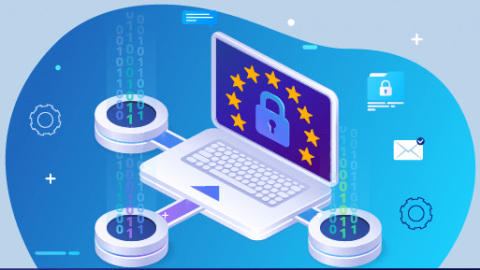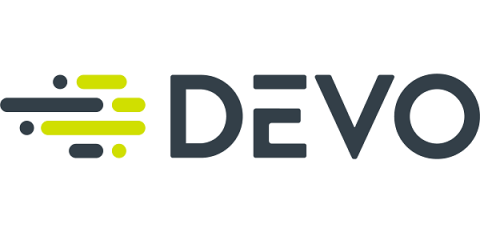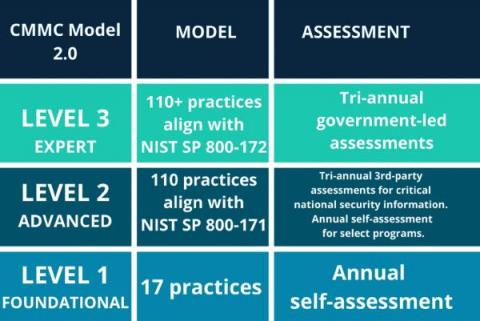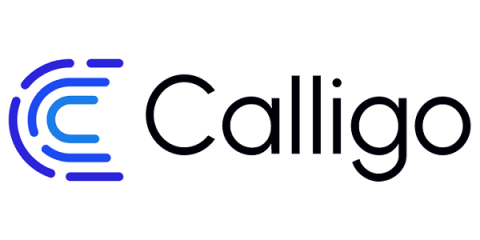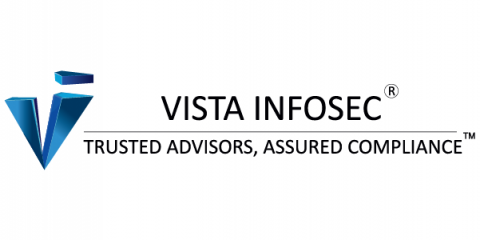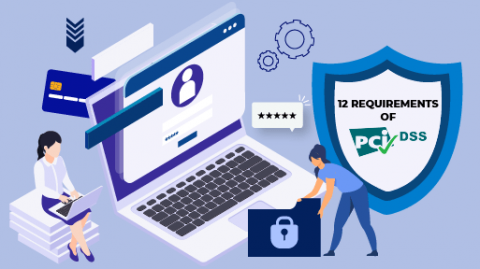What Trust and Compliance Looks Like in a Cookieless Digital World
Originally envisaged as a convenient way to store web data, cookies emerged as a powerful marketing tool in the 2000s. For many years, digital marketers relied on cookies for data collection. However, in recent history, new privacy laws, browser features, and plug-ins have changed the landscape of data collection. Marketers have had to develop tools and strategies to ensure they meet compliance as the internet becomes more and more cookieless.



